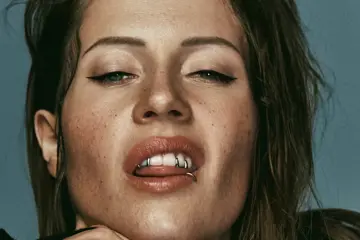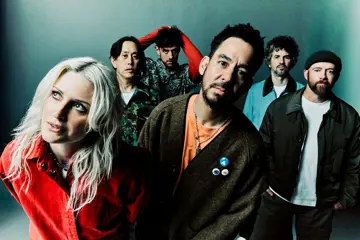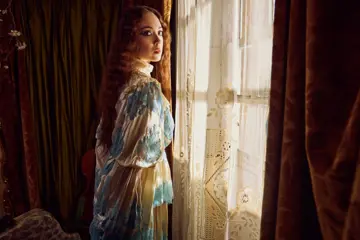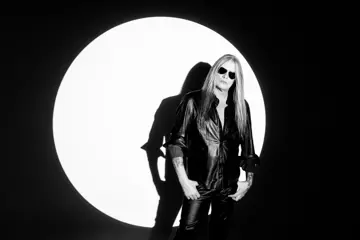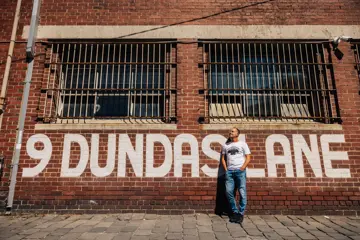Declan Greene is enamoured with some rather peculiar things. Take Here Comes Honey Boo Boo, for example. “I love that show,” he says, with the kind of thoughtful look that you don't associate with a controversial American reality TV series about a child beauty pageant contestant. His appreciation for the show, and for celebrity blogs – which he spends on average an hour a day reading – are part of an ongoing fascination with the cult of fame which is at the heart of the play.
Set in a fragmented, dreamlike version of Los Angeles, Pompeii LA follows a burned-out ex-child star in the aftermath of a terrible accident, as he tries to ascertain what's happened to him. With a stage modelled on a Hollywood film set and an atmosphere Greene describes as “hallucinatory and trippy”, the production is the most expansive treatment of his work to date.
For Greene, the idea of a child star is both interesting and problematic. “Because it's essentially the idea of someone's body being turned into a commodity at an incredibly vulnerable age. It's the idea that from that point onwards, perhaps from the age of 12, all you can do is deplete.” The almost inevitable demise of many young stars into addiction, collapse and death only makes them more compelling. “I think we have a kind of inherent need to defile something that's sacrosanct or to watch something that's innocent fall.”
Along with exploring this murky ethical territory, Greene wanted to play with ideas of illusion and reality, a theme to which LA is perfectly suited. When he visited the city, he was struck by the contrast between the fantasy of LA (”a sun and surf veneer, with palm trees and orange people holding gigantic smoothie cups and roller-skating down Venice beach”) and the grimy reality. “You go to Hollywood Boulevard, which is meant to be this magical place where dreams happen, where the streets are paved with celebrity engravings, but it's disgusting and depressing and awful!” He laughs. “But then you go to Universal Studios and there's a replica of Hollywood Boulevard that they've built there, and [it's as if] that's the real version. It's a weird city where the fake is real and the real is fake... I think that's what we're trying to do in this play, trying to create an alternate version of LA which is in itself an alternate version of a dream of LA. We're trying to create a dense kind of webbing where reality, dream and nightmare are all conflated.”
Don't miss a beat with our FREE daily newsletter
Which goes right back to …Honey Boo Boo. He might enjoy the show, but admits, “You [also] think, this is ugly, this is the kernel of something that's going to grow and get hideous, and be way too big.” Greene sees the fate of self-destructive celebrities as a narrative with a special significance for our times. “[It's] the idea that we live in a system that grows indiscriminately until it can't support itself, and then collapses. I think that's what fame is, and that's what free-market capitalism is.” He pauses and looks pensive again and then laughs, “and that's kind of what the universe is.”
WHAT: Pompeii, LA
WHEN & WHERE: Friday 16 November to Sunday 9 December, Malthouse Theatre


